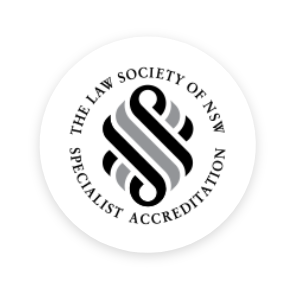What were the facts?
A family discretionary trust deed stated that if an individual appointor was a beneficiary, that individual could not also be the trustee.
An individual, who was both appointor and a beneficiary, appointed as trustee – not himself – but a company of which he was the sole director and shareholder.
Another beneficiary argued that this was effectively the same as appointing himself and a breach of the trust deed.
What was the decision?<//span>
The trial judge dismissed the claim, but was overturned 2-1 by the WA Court of Appeal.
The High Court then overturned the Court of Appeal 5-0 and said that the deed only refers to an individual, so that is what it means.
What is significant?
It is rare that the High Court looks at an ordinary ‘mum and dad’ family trust deed, so there are useful lessons from this case:
- What the deed says is what the deed says. It did not matter that there was no practical difference between an individual acting as trustee and his/her sole director and shareholder company doing the same thing.
- The appointor does hold a powerful position and a court will uphold its use.
- The trust deed is paramount. All trust cases reinforce the fact that you have to read the trust deed rather than make assumptions about what it is intended to mean.
How can Fleming Muntz help?
Trust interpretation can be hard. Judges at all three levels of this case referred to the ‘ordinary meaning’ of the words, but obviously had different ideas about that meaning.
We have particular experience in trust law and can assist accountants or other lawyers with trust advice, vesting or other transactions.
Important fine print
This update is for general information only. It is not a complete guide to the area of law. Competent advice should be obtained before taking any action.

